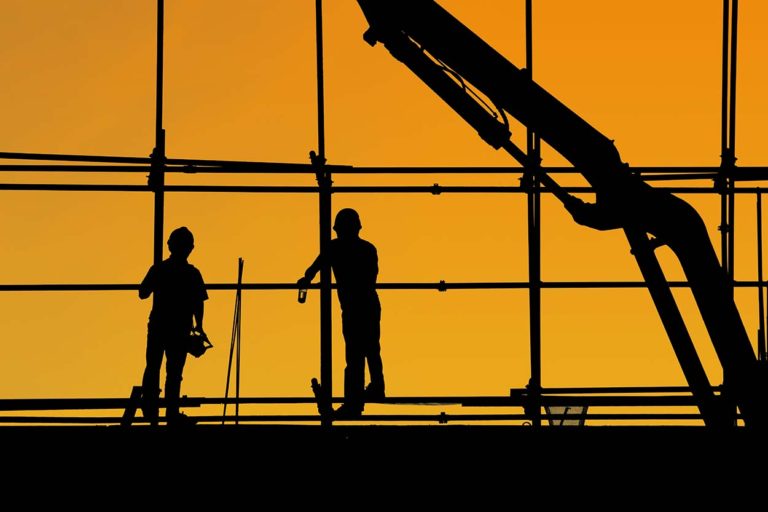‘Defining the Need’ – What is the Platform Design Programme?
The Construction Innovation Hub is collaborating with government and industry across four key themes of Value, Manufacturing, Digital and Assurance. The Hubs’ work supports the Construction Leadership Council’s strategy and the Roadmap to Recovery.
View More